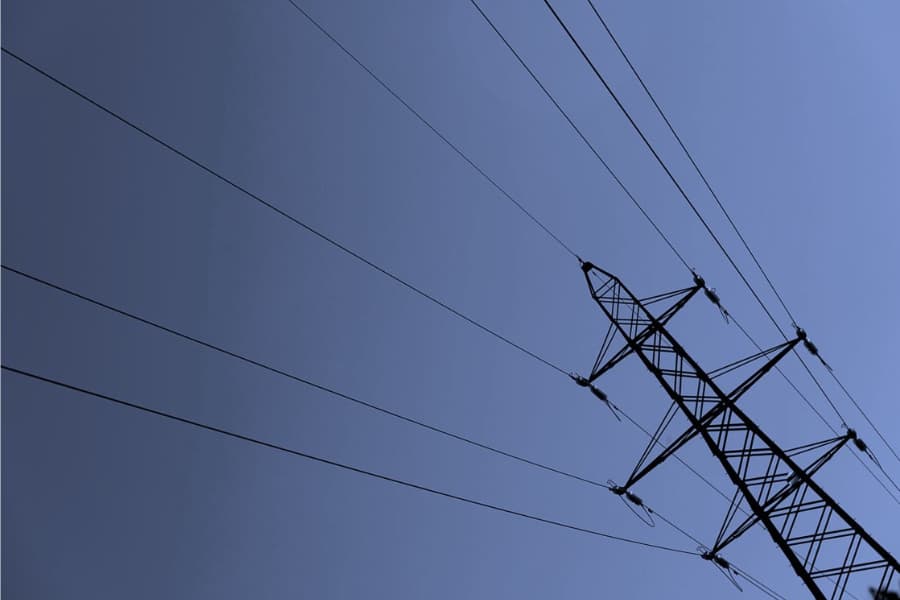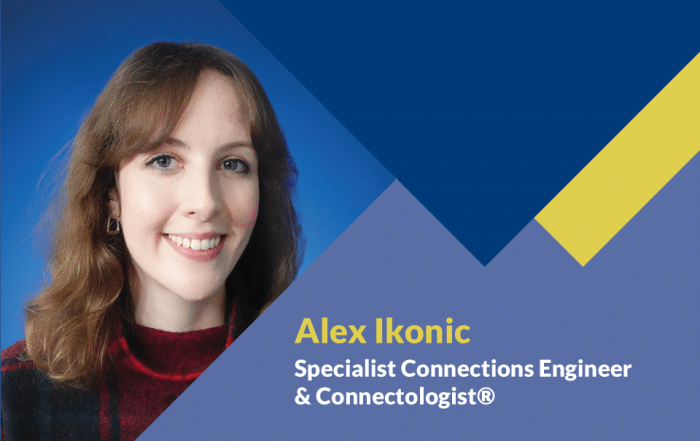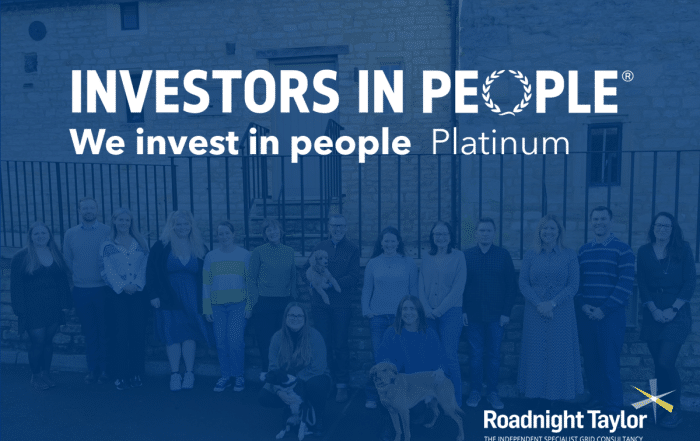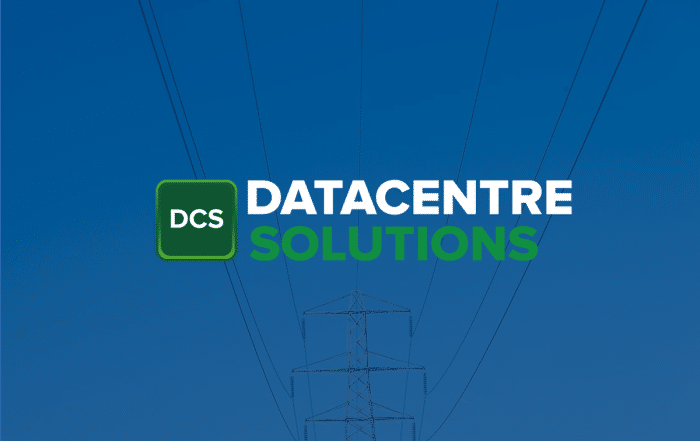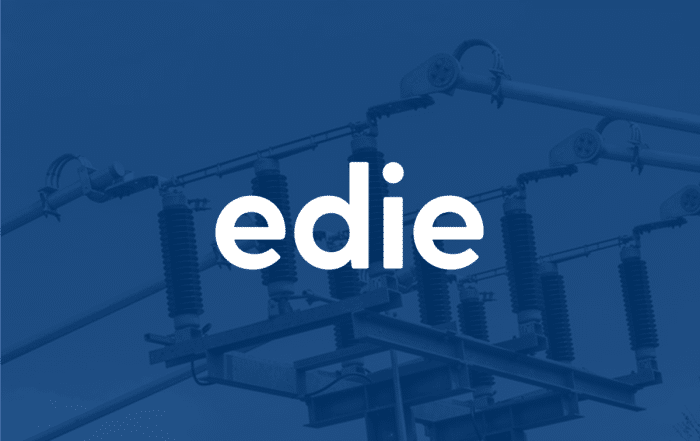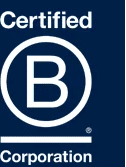How to choose the right grid consultant
Updated and republished February 2023
With the renewable energy, energy storage, commercial and industrial and datacentre industries now awash with developers and investors, how can those looking to originate or acquire schemes be confident that they are making the right decisions and investing their time and money – and their valuable opportunities – in the right company or consultant? How can they get ahead of their peers in the competition for viable connection opportunities, and energise more schemes, faster and at lower risk and cost.
How to choose a grid consultant for origination
Most grid consultants are purely technical. Some have sufficient technical competence to routinely complete connection application forms accurately. This expertise is relatively ubiquitous. However, the expertise to stack the odds in the developer’s favour, to multiply their chances of getting a scheme, is far from universal.
A Development Director needs a grid consultant with the highest combination of technical, commercial and regulatory expertise, tenacity – and the emotional intelligence with which to wield it – and who:
- can identify the precise connection solution for that part of the network, even if the network operator’s engineers wouldn’t have come up with it themselves
- can sell that solution to the network operator’s engineers, in spite of those engineers’ own level of expertise, experience or preferences
- has the skill and tenacity to identify flaws in connection offers – not least non-contestable savings opportunities and/or securities and liabilities calculation errors
- has relationships with the network operators’ management teams and board in order to escalate, as and when necessary, wherever a defensible connection solution is not being adopted or flaws are not being rectified.
How to choose a post-acceptance grid consultant
Once a connection offer has been accepted, a pureplay developer is looking to achieve and balance the following:
- maximising the value of the Special Purpose Vehicle (SPV) that holds the offer
- minimising the timescale to financial close
Similarly, an Independent Power Producer (IPP) is seeking to connect quickly and at least cost and risk.
With the ever-increasing level of risk capital that developers are deploying against individual schemes – and with the potential value of project rights now typically exceeding £5 million (often a multiple of this) – even small gains in the following can deliver £millions in positive outcomes:
- connection timeframe
- outage risk
- curtailment risk
- connection cost
- project cashflow
- milestone risk
A Development Director needs a Grid Connections Manager who – as well as having access to the highest combination of technical, commercial and regulatory expertise – is ruthlessly organised. They need to be deeply experienced in delivering large-scale connections and be well known and respected across network operators and Independent Connection Provider’s (ICP) connections teams. They should know who to approach in order eliminate an unacceptable cost or risk – and have the soft skills necessary to do so successfully.
How to choose a grid consultant for due diligence
Most utility-scale projects in development now range between 49MW and 1GW – whereas typical onshore schemes entering planning historically averaged under 30MW until as recently as 2019. The levels of investment risk capital at play, on any given project, are perhaps more than ten times higher.
Further, with a typical connection voltage having increased from 11kV-33kV to 132kV-400kV, the costs, risks and timescales associated with the connections themselves have spiralled.
On top of all this, we have an increasing burden of complexity brought about because:
- of the proliferation of flexible connection arrangements
- technical connections policy becomes more onerous at these higher voltages
- many schemes are now connecting at transmission; and owning to
- regulatory landscape shifts – such as the Significant Code Review (SCR)
In light of this new reality, there has never been more for an Investment Director to lose by skimping on the level of relevant technical, commercial and regulatory expertise they deploy. In order to choose the right projects, and avoid the wrong ones, make prudent bids and negotiate from a position of informed strength… choose wisely.

